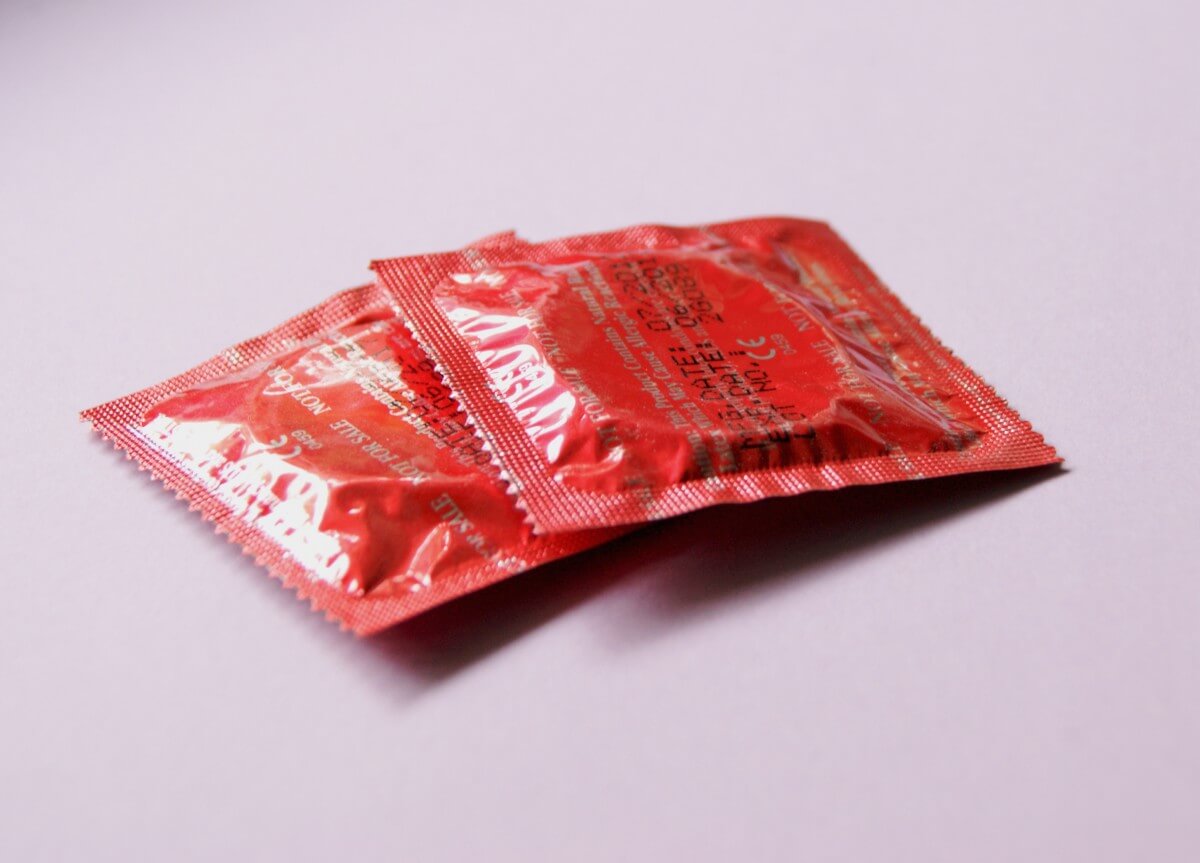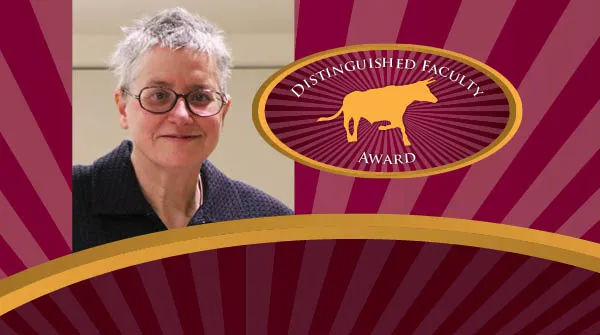The following commentary on how Colorado Mesa University (CMU) is handling the coronavirus pandemic was written by CMU History Professor Sarah Swedberg, who is now experiencing CMU’s policies in person. This article was originally published on Nursing Clio, an open-access, peer-reviewed, collaborative blog that ties historical scholarship to present-day issues related to gender and medicine. The article is reprinted here with full permission from Dr. Swedberg.

———
Like many faculty at state universities, the beginning of this school year brings me more terror than excitement. Colorado Mesa University (CMU), the institution at which I have taught since 1999, will require neither masks nor vaccines for students, and faculty cannot enforce mask mandates in the classrooms. This flies in the face of best practices for public health. When I asked the reason for this policy, I was told that there were strong feelings on both sides.
“Strong feelings” is clearly code for the fact that CMU is in a politically conservative region where there is strong resistance to both vaccination and masks. These words remind us that public health measures have always been politicized. Because I teach about HIV and AIDS and because I was a young adult in the 1980s, it is that pandemic that is foremost in my mind as I try to negotiate my own and my students’ safety.
As a young adult in the 1980s and 1990s witnessing the beginning of the HIV/AIDS epidemic, I saw dangerous disregard for common-sense public health measures every day. Even after we learned that condom use was largely effective in stopping the spread of HIV, hatred and politics kept information about condom use out of the American public health response.
When Surgeon General C. Everett Koop took office in 1981, he called for explicit instructions in public schools on condom use. He was prevented from addressing the epidemic from the time he took office in 1981 through 1985, years that could have been used to slow the spread of a deadly virus. In March 2011, he wrote, “[For] reasons of intra-department politics that I can still not understand fully, I was cut off from AIDS discussions and statements for the next five years.” He continued, “My exclusion from AIDS was just another facet of Washington politics, especially the disturbing interplay between politics and health, which – no surprise – still goes on today.” While Koop died well before the COVID-19 pandemic, that disturbing interplay has shaped recent public health responses on local, regional, national, and international levels.
In the 1980s, those who resisted educating Americans about condoms usually couched their arguments in terms of morality. In 1983, Patrick Buchanan, then a news commentator and a former advisor to President Richard Nixon, ended an opinion piece for the New York Post with: “The poor homosexuals; they have declared war upon nature, and now nature is exacting an awful retribution.” By 1987, President Ronald Reagan began calling AIDS “public health enemy #1” but urged abstinence education rather than condom use. “After all,” he asked, “when it comes to preventing AIDS, don’t medicine and morality teach the same lessons?” The tragedy of the 1980s remains that political vitriol stood in the way of good public health measures. The HIV/AIDS epidemic could have followed a very different path.

Currently, opponents frame their resistance to an equally effective prophylactic measure, mask use, less in terms of morality and more in terms of freedom. Western Colorado’s US Congresswoman Lauren Boebert has derided masks as “totalitarian.” In June, a group of Mesa County residents testified at a county commissioners’ meeting that masking violated their civil liberties. They asked the commissioners to declare Mesa County “to be free of state and federal laws.” More recently, residents disrupted a school board meeting, “shouting anti-vaccination and anti-mask messages.”
In this atmosphere, the CMU administrators have bowed to local pressure, adopting a policy they call “mindful masking.” Dr. Amy Bronson, a member of our COVID-response team, described the policy in The Daily Sentinel in this way: “If you’re in a crowded indoor space, it’s probably best to mask up in that scenario. If you’re out in the grass eating lunch with friends, you probably don’t need to.”

The “probably” in masking up in the classroom is couched in terms of personal responsibility, a mantra adopted last academic year as we continued classroom teaching. Personal responsibility, however, gives agency to the irresponsible while taking it away from those who follow health and safety protocols, elevating the individual over the community. It puts choice in the hands of those who disregard scientific findings and takes choice away from the rest of us.
In a recent New York Times guest essay, Dr. Kanecia Zimmerman and Dr. Danny Benjamin Jr. wrote, “Although vaccination is the best way to prevent Covid-19, universal masking is a close second, and with masking in place, in-school learning is safe and more effective than remote instruction, regardless of community rates of infection.” The data hold; whether examining the K–12 classroom or the university setting, universal masking works.
Like condoms, masks are prophylactic. They don’t work perfectly but they work well in preventing the spread of a virus. Mitigation is clearly possible, but in public health, mitigation needs to be communal rather than individual. CMU was successful last year with a mask mandate and enforced social distancing in the classrooms. It didn’t work perfectly, but it worked well enough to win CMU a national spotlight in COVID-response efforts. Those efforts need to continue.
Mandating masks now, particularly in a region hard hit by the Delta variant, is an easy way to protect the CMU community. However, like addressing HIV/AIDS in the 1980s and 1990s, it takes courage. The answer to community opposition to mandates is not to make masking optional. Universities like CMU have an obligation to seize the teaching moment, to honor research, science, and knowledge. Unfortunately, my study of history tells us that taking that path is unlikely.

Some studies have shown vaccine immunity is stronger than immunity from having had Covid-19. Perhaps it declines faster too. A lot of local nurses went to CMU—maybe they are the ones demonstrating against vaccines. Some dental offices will not tell patients whether the staff is vaccinated. Those who think business is more important than life may find customers harder to find. CMU has very, very low admission requirements and I would think twice before hiring a CMU graduate.
Excellent point. But there are studies like the one from the Pasteur Institute in France that show the effectiveness of a previous infection wanes sooner than from a vaccine. Having taught at CMU, I am aware that they accept 84% of those who apply. In addition, they have a program that accepts students who don’t meet the normal entrance requirements. What shocked me was that 1/4 of my students couldn’t write a sentence correctly. Since a substantial number of students at CMU are graduates of District 51, do we need to question the graduation requirements in our high schools?
Is Tina “t!ts down a$$ up” at pillow guy’s mansion this morning?
I wonder if we should have a pro masking demonstration somewhere very visible….
You really have time to waste. There are literally people diagnosed positive, in ICU, on a ventilator, being read their last rites, unable to hold a gun, unable to not have an abortion, unable to not wave a confederate flag, unable to eat a raw steak, unable to go to a trump rally, unable to deny climate change, unable to wave their fist, unable to do anything except have a device-assisted pulse and breath – those people – literally saying “Its a hoax.”
So go ahead. Waste your afternoon at your vegan mask rally.
Most housewives, exhausted after decades of birthing and raising his kids while he’s out at the strip club with his buddies, are glad he wears a mask because he appears less hideous.
CMU has long been incongruent with higher education. It advocates for higher education but pays the faculty and staff salaries that are subsistent. It aligns now with the anti-science culture of the valley, bowing to bully belligerence. Why get a higher education and the accompanying knowledge when it holds no value in your own institution and culture? If you believe science is controversial then you are NOT using critical thinking and are not aware of the rigorous scrutiny that is embedded in science and instead manipulated by media hysteria. Shame on CMU and their propagation of ignorance!
Maybe a push, a forward move to stock up on N’95 masks. I listen to a lot of interviews aired on RMPBS throughout my early insomniac hours. Last week a credible guest said that the ‘cloth masks are useless’, the surgical ones should be doubled and with a shield for protection, the best protective mask is the N’95’s. I asked the pharmacist at Walgreens if Walgreens carried them. He had not heard of them, said they would be, vaguely pointing out the direction to look. The point being we have to adapt and move forward with all the new discoveries from science and doctors. Invest in N’95 masks.
I enjoyed learning more about the awkward politics of this town. I empathize with all families with school aged children, the teachers and their families. I hope it gets better. I cherish memories of my years in public schools.